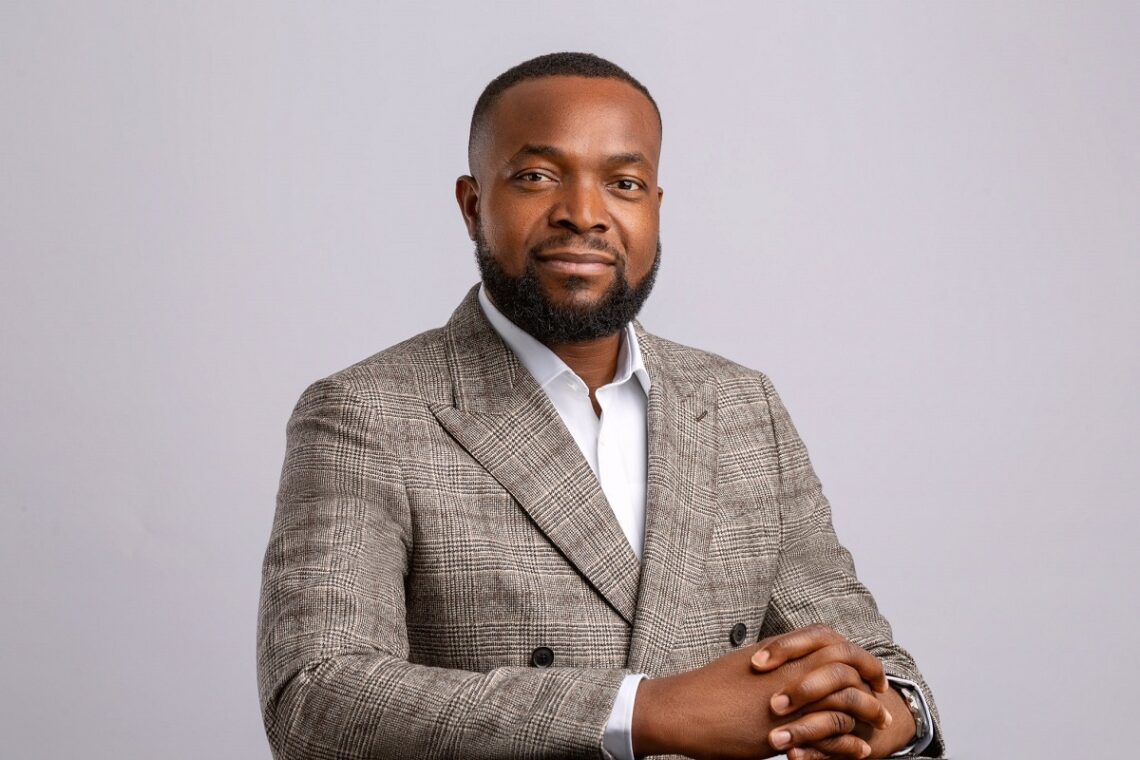Nigeria’s telecommunications industry is under mounting pressure as rising cases of fibre cuts, vandalism, and equipment theft disrupt services and expose the government’s failure to enforce its Critical National Information Infrastructure (CNII) policy.
Seven months after President Bola Tinubu signed the official CNII gazette, attacks on telecom infrastructure remain unchecked, operators said. Industry stakeholders blamed the lack of enforcement measures and the absence of a designated security agency for the continued destruction of critical infrastructure.
Data from Airtel Nigeria revealed that the company alone recorded 7,742 fibre cuts in just six months, an average of 43 incidents daily. Telecom operators warned that without stronger enforcement mechanisms and stricter penalties, Nigeria’s digital infrastructure will continue to suffer, affecting businesses, financial services, and millions of telecom users.
Jude Ighomena, Senior Manager at Broadbased Communications, disclosed that telecom operators lost an estimated N5 billion ($3.3 million) in Lagos alone in 2024 due to infrastructure damage. The worst-hit areas include Ikeja, Lekki, and Victoria Island, where road construction and private developments frequently damage underground fibre cables. Meanwhile, Alimosho and the Mainland have become hotspots for cable theft.
“These recurring incidents stem from poor planning, lack of coordination, and overlapping regulatory mandates. With no centralised enforcement, operators, construction firms, and government agencies work in silos, leading to repeated damages,” Ighomena said.
Beyond financial losses, the disruptions impact critical services such as banking transactions, emergency response systems, and everyday communications, frustrating businesses and consumers alike.
Despite telecom infrastructure being classified as critical under the CNII gazette signed by President Bola Tinubu in August 2024, industry leaders argued that government enforcement has been virtually nonexistent.
Gbenga Adebayo, Chairman of the Association of Licensed Telecommunications Operators of Nigeria (ALTON), stressed that a culture of impunity allows vandals to act without fear of prosecution.
“In developed countries, damaging telecom infrastructure comes with severe penalties. In Nigeria, offenders walk free because enforcement is weak,” Adebayo said. “Without holding culprits accountable, these attacks will only escalate.”
Adebayo also pointed to poor security and maintenance practices as contributing factors, citing widespread theft of manhole covers and poles due to substandard installation and lack of proper safeguards.
Beyond vandalism, host communities often block telecom operators from maintaining infrastructure, citing unresolved disputes over past damages.
“A telecom company’s diesel supplier was recently denied access to an estate because a previous contractor damaged local property and failed to repair it,” Adebayo explained. “This kind of distrust slows down critical infrastructure projects.”
Tony Emoekpere, President of the Association of Telecommunications Companies of Nigeria (ATCON), added that lack of standardised infrastructure deployment worsens the problem. “If telecom assets are not properly installed, failure is inevitable,” he said, calling for strict industry-wide installation and maintenance standards.
This is not the first time the Nigerian government has attempted to protect telecom infrastructure. In June 2020, former President Muhammadu Buhari approved a similar CNII policy under then-communications minister Isa Pantami, but enforcement was ineffective. Four years later, the problem has worsened, raising doubts about whether the Tinubu administration can deliver meaningful change.
With rising attacks, mounting financial losses, and growing disruptions, industry leaders warned that without immediate intervention, Nigeria’s digital infrastructure remains at serious risk.





